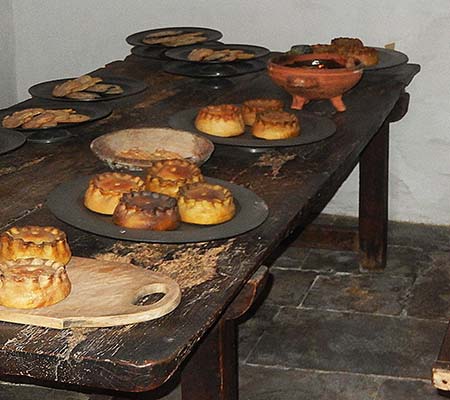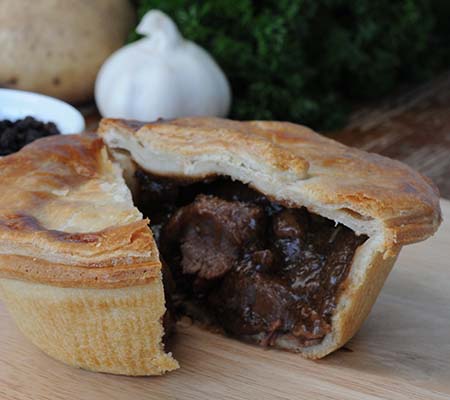British Pie Week is one of the tastiest weeks of the year. Jus-Rol, a British pastry company, invented this week long celebration in 2007, and it’s been celebrated annually since then. This year, it takes place during the week of the 6th-12th of March 2023. Local bakeries and communities even host their own pie baking and judging competitions, so there are plenty of opportunities to get involved, whether that be baking your own pie or enjoying a slice of your favourite flavour, guilt free!
British Pie Week: A Brief History of Pies & Top 10 Pie Tips

History Of Pies
Brits are responsible for the invention of most of the pies loved and eaten today, both sweet and savoury. Pies are thought to have been invented by the ancient Romans, although there’s evidence that both the ancient Egyptians and Greeks loved savoury pies as well. The Romans were the first to create a pie that included a top and bottom crust, the closest resemblance to pies we have today. The first ever recipe for a chicken pie was found written on a tablet in Sumer, Rome around 2000 BC.
The pie loving tradition carried on through Europe in the Middle Ages all the way up to the Tudor period. Geoffrey Chaucer is thought to be the first to write a pie recipe in England, with his recipe for apple pie dating back to 1381. A little later in English History, Elizabeth I was known to be a lover of cherry pie. Early pies were made with a standing crust from flour and water and filled with meat and vegetables, with the ‘pastry’ being thrown away. Nowadays, the pastry is a crucial element of the pie, arguably as important as the filling itself.

Modern British Pie Week
The first full week in March is the annual British Pie Week. Since its inception, British Pie Week has come a long way. The award has been going for 15+ years, during which the judges make their way through hundreds of pies in a range of flavours, fillings, and crusts. The winner is crowned and officially known as the “Supreme Champion” or “Pie of Pies.”
While certain traditional British pies might come to mind when you first think of pie week, such as Cottage Pie and Fish Pie, there’s an abundance of creative recipes and flavours that make their way to the judging table. It’s estimated that around 1000 pies are judged every year. Previous winners include meat and Potatoe Pies, Steak & Stilton, Mince & Peas, Rhubarb & Custard and Dark Cherry.

Top 10 Pie Tips
If you want to try your hand at baking your own pie this year to celebrate British Pie Week, here are our top 10 tips to ensure your pies come out perfect.
- Practice makes perfect.
It sounds cheesy, but perfecting pies takes time and practice. Pie crusts are especially tricky, so the more you practice them, the better they’ll turn out. - Keep ingredients cold until using them.
This ensures the ingredients mix into the batter seamlessly and don’t get too warm before baking the pie. - Refrigerate the dough after every step.
Wrap and chill the dough immediately after mixing, this allows the flour to absorb the liquid and prevents it from shrinking in the oven. - Handle the dough as little as possible.
This reduces the risks of cracks or breakage in your dough. - Pay attention to your flour.
Dusting your work surface is essential to make sure the dough doesn’t stick, but too much flour can ruin the dough and result in a dry pie. - Roll the dough away from you.
Rolling the dough from the centre outwards, away from you, keeps the dough moving and is the best practice to avoid wear and tears. - Give the dough a break.
If you notice that the dough starts shrinking, give it a break. This allows the gluten to relax so it doesn’t keep snapping back to its original small shape. - Pay attention to your pans.
Different materials bake differently. Glass bakes slowly, whereas aluminium heats up quickly. Depending what your recipe calls for will depend on what pie dish you use. - Blind bake your crust.
Even if the recipe doesn’t call for it, pre-baking the crust without the filling ensures your pie bottom is sturdy and strong, avoiding a soggy bottom! - Let pies cool before serving.
Serving a pie pipping hot can lead to the filling running out of the pie. Give your pie enough time to set before you serve it, anywhere between 20 minutes and an hour is the recommended cooling time depending on the filling.
Sign up to Cooksmill's Newsletter!
Receive all the latest offers, competitions, new products, and current blogs.

